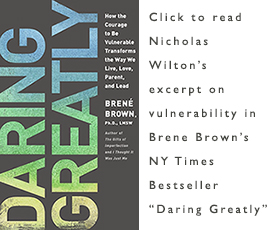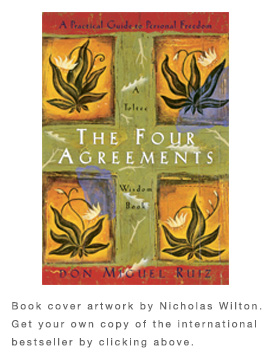Above: Detail from “A Bigger Splash” by David Hockney, 1967
I have had numerous conversations this week with friends about how difficult it is to just simply let go of control. It is always hard to do so in life but especially in Art.
Of course this is one of the primary challenges that defines art making. It is this dance between being in control and then slipping out of control that can so often feel uncomfortable. Like a little kid peering over the edge of a diving board, the thought of jumping in is far more worrisome than the actuality of doing so. It is a bit nerve
racking when we do not entirely know what is going to happen. We have gone from A to B, B to C then C to D just like we always do, but then we are supposed to just let go and be ok with ending up at K (or even worse, Q) without any warning or even understanding why.
We have an investment in the way things should turn out. We want successes that are just like the previous ones. We want a painting to feel fresh and easily made (or at least to appear that way.) Unfortunately, this is not often the case. It can be just damn hard work and it often shows. The process of creativity cannot be gamed. It comes pre assembled with a big section called “not sure I know what is going to happen.” It is a drag to have to always deal with this part at some point along the way. All creatives, I believe, experience this. No one is exempt.
But even so we all keep at it. Why?
I think it is precisely because of this losing control part of the creative process that keeps us coming back for a second go. It is just so amazing to arrive somewhere fantastic without even really trying. That point when we realize that something just occurred without us being in control and lo and behold it turns out ok. Sometimes it is way better than ok. Sometimes it can be extraordinary.
Maybe we should just remember that it is only the thought, more than the reality, of losing momentarily control that is uncomfortable.
Interestingly, it is the controlled part of the creative process that seems to deliver mediocre results. The rehearsed part is rarely extraordinary. It can be sufficient, it can even be good but usually it is not great. Great is reserved for the times when we finally let go. Great is just waiting to rush in, waiting till our toes finally lose contact with the diving board. Once we see it, once we feel it, even before we can swim to the surface we already know we are just going to have to try it again.
And again.
In fearlessness, Nicholas




